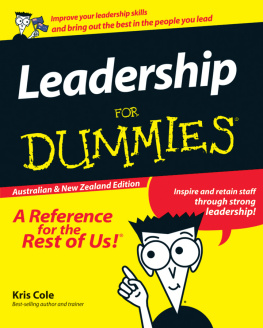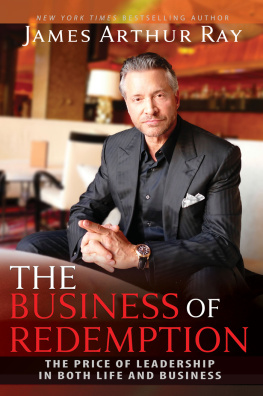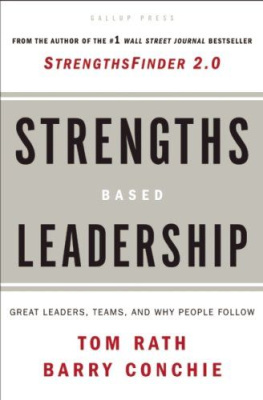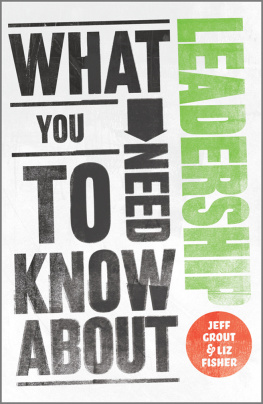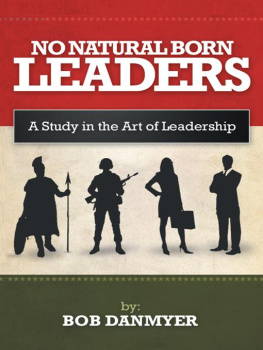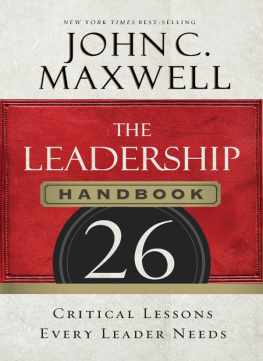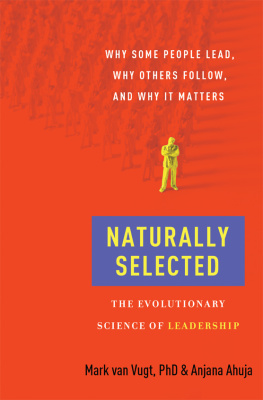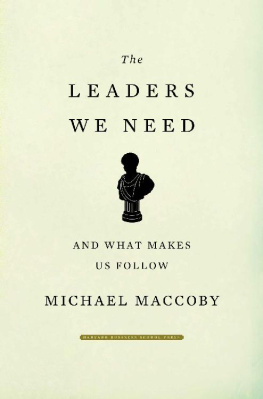Selected
Mark van Vugt is Professor of Psychology at the VU University Amsterdam, the Netherlands. He is Research Fellow at the Institute for Cognitive and Evolutionary Anthropology at the University of Oxford and Honorary Professor at the University of Kent. He obtained his PhD in 1996 from the University of Maastricht, the Netherlands. His research has been published in all the major science journals in the field and he is a regular contributor to the popular science media. He was chief editor of Cooperation in Modern Society (Routledge, 2000) and co-author of Applying Social Psychology (Sage, 2007). He is a fellow of the British Academy Centenary Project, Lucy to Language, and currently serves as associate editor of the prestigious Journal of Personality and Social Psychology. He lives with his family near Amsterdam. To find out more about Mark van Vugt, please visit www.professor-markvanvugt.com or to contact him about his work, email m.van.vugt@psy.vu.nl
Anjana Ahuja earned a PhD in space physics at Imperial College in London. She then worked at The Times for sixteen years as a feature writer and columnist, and first introduced Marks work to a wider audience through her comment column. She has held advisory posts at the Royal Society, the British Science Association and the British Council. Now free-lance, she lives in London.
Selected
Why some people lead, why others follow, and why it matters
Mark van Vugt and Anjana Ahuja

First published in Great Britain in 2010 by
PROFILE BOOKS LTD
3A Exmouth House
Pine Street
London EC1R 0JH
www.profilebooks.com
This eBook edition published in 2010
Copyright Mark van Vugt and Anjana Ahuja 2010
The moral right of the authors has been asserted.
Typeset by MacGuru Ltd
This eBook is copyright material and must not be copied, reproduced, transferred, distributed, leased, licensed or publicly performed or used in any way except as specifically permitted in writing by the publishers, as allowed under the terms and conditions under which it was purchased or as strictly permitted by applicable copyright law. Any unauthorised distribution or use of this text may be a direct infringement of the authors and publishers rights and those responsible may be liable in law accordingly.
A CIP catalogue record for this book is available from the British Library.
eISBN 978 1 84765 211 9
Contents
Acknowledgements
This book owes so much to so many people that it is impossible to thank them all. They are all leaders in their own ways.
The book came about from discussions with Daniel Crewe, at Profile, who read a New Scientist article Id penned for Kate Douglas, its features editor. Daniel and Kate convinced me that there was a book in it. Daniel and my agent, Peter Tallack, then had the brilliant idea of pairing me up with Anjana Ahuja, one of the best science journalists in Britain, who was able to turn my research into beautifully crafted prose.
I also thank my colleagues Sarah Brosnan, Edward Cart-right, Robin Dunbar, Joris Gillet, Robert Hogan, Dominic Johnson, Rob Kaiser, Andrew King, Rob Kurzban, Rick OGorman, Pete Richerson and David Sloan Wilson for their intellectual input into this project.
I thank my current and former PhD students, David De Cremer, Claire Hart, Charlie Hardy, Wendy Iredale, Brian Spisak and Chris Stiff for doing much of the excellent research that is discussed in Selected.
I would like to thank the University of Kent, the University of Oxford and the VU University Amsterdam for offering stimulating intellectual environments and the time to write the book.
And now the dedications. First, to Charles Darwin, without whom this book could not have been written. I am glad that Darwins vision that Psychology will be based on a new foundation is finally being realised. Second, to all the good leaders around the world who are trying their best to improve our lives, often without recognition. A special dedication goes to my partner Hannie, who leads the way in every important aspect of my life.
Above all, I dedicate this book to my son Jamie, whose future will be determined by the quality of todays leadership.
Mark van Vugt
Amsterdam, June 2010
One of my prized possessions as a little girl was a pristine, bound set of The Childrens Encyclopaedia, edited by Arthur Mee. Its 7,000 pages documented, among other treasures, the Imperishable Thoughts of Men Enshrined in the Books of the World. I had the pleasure of rediscovering it recently, during a house move. Choosing a volume at random, I opened it by chance at the following passage: Civilised man is the youngest child of ancient parents who were savage and lawless robbers and murderers by nature and practice. The terrible deep-rooted instincts of that untamed ancestry are constantly thrusting through the thin, modern wrappings with which civilization invests us. This brutal, controversial sentiment is echoed to some degree in Selected. We may no longer be immoral savages, but there is certainly evidence to suggest that modern man is not as modern as he likes to think.
I hope you derive as much pleasure from reading Selected as I did from helping Mark to write it. He is, of course, the first recipient of my gratitude. Its been an exhilarating and rewarding partnership, and I hope the books profound ideas can be used for good. Sincere thanks to Daniel Crewe at Profile, and to Peter Tallack for talking me into it. I am grateful to my editors at The Times who granted me a sabbatical to finish it.
Most of all, I would like to thank Tom, Rosa and Seth, and my mum Sharon, for their own deep-rooted instincts of love, humour and kindness. Where they lead, I happily follow. Oh, and thanks, Dad, for buying me The Childrens Encyclopedia, and teaching me the virtue of knowledge.
Anjana Ahuja
London, June 2010
Prologue
There they are, laid out joyously on your kitchen table: two job offers from two different companies. The generous pay packet is the same, although the benefits vary a little, and both demand the skills that you somewhat creatively claimed for yourself on your CV. Unsure about which way to turn, you consult the oracle of the 21st century: Google. You look up information about each companys chief executive officer, as a way of gauging the culture, the heartbeat, of the organisation you might turn your life over to. Your discovery? That, as of last year, one CEO lets call him John earns a salary of a dollar a year. This is no tricksy financial illusion: there are no lavish stock options to cushion the miserly blow. Your heart sinks, because you think it could be a sign that the company is in decline.
Then you spot the letter he sent to his employees the previous year, stating, The tremendous success of [the company] has provided me with far more money than I ever dreamed Id have and far more than is necessary for either my financial security or personal happiness I am now 53 years old and I have reached a place in my life where I no longer want to work for money, but simply for the joy of the work itself and to better answer the call to service that I feel so clearly in my own heart. Beginning [this year], my salary will be reduced to $1, and I will no longer take any
And then theres the other CEO, Lawrence. He is a constant fixture on the list of the worlds best-paid CEOs. He has a fleet of private jets and lives in one of the most expensive homes in the world, a 23-acre Japanese-themed extravaganza. And one of the most memorable things you find online about him is a joke: Whats the difference between Lawrence and God? God doesnt think hes Lawrence. Then comes the mental maths: with a remuneration of $57 million, Lawrence earns 1,000 times the salary youve been promised.
Next page

